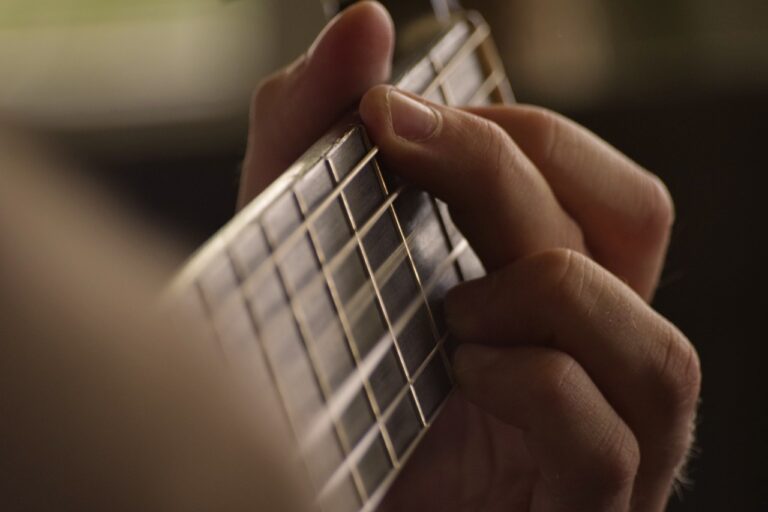GOODBYE MUSIC?!

As school districts across Canada look for ways to combat inflation and COVID-19 costs, elementary and middle school music programs have become the latest victim of budget cuts.
While this trend started in Ontario, we’re now seeing it occur in BC schools as well; like Greater Victoria’s SD61, who in late 2022 cut their elementary music spending by $1.5 million, eliminating all Band, Strings, and Ukulele programs from their grade 6 and 7 curriculum.
While music isn’t the only area to take a hit (counseling services, day-time custodians, and language programs have also suffered cuts) a poorly funded music program does have several unique consequences that parents, community members, and students should take into consideration.
For starters, children who learn an instrument early on in life are much more likely to attend college or university. According to a poll by Leger Marketing, 69% of Canadians who played music as a child attended a post-secondary institution
Playing a musical instrument is also associated with improved motor/cognition skills, accelerated brain development, and increased math skills.
While the benefits of learning music from a young age shouldn’t come as a surprise to most, we must also consider it in the context of a rising cost of living and relatively stagnant wages – two factors that put private music lessons out of reach for many children in BC.
Moreover, we must also contemplate the School Boards decision to reduce elementary and middle school music program funding while keeping high school programs intact.
Sure, something is better than nothing, but how much will children really get out of their music education if they’re already 14 by the time they pick up their first instrument?
As Elka Yarlowe (a longtime activist for public music programs in Vancouver) once said, ‘They can’t go into Grade 9 band and just pick up an instrument … It’s like never teaching a kid to read and then telling them in Grade 9, ‘read this novel and understand it and analyze it.’ ”
While picking which services and programs to cut is never easy, it’s hard to deny that music programs are often treated with a sense of frivolity and music’s positive impact on young children is often overlooked in favor of more STEM-related pursuits.
So, what does this mean for children throughout BC and the lower mainland who rely on public music programs for their music education?
Simply put, they’ll have to look elsewhere, and if accessible programs aren’t put in place to make up for continued budget cuts, thousands of children may lose out on a life-long passion and unique form of expression.
-Ryan Copley (Might and Music). January 10th, 2023